Primary Level (Ibtidai) in Al-Azhar Education System:
The Ibtidai (Primary) level in Egypt’s renowned Al-Azhar education system spans six years, beginning after the completion of Hadanah, which is the nursery or pre-school stage. This six-year period serves as the foundation for a student’s formal education, blending both Islamic and secular subjects to create a well-rounded academic experience. At this level, students are introduced to a broad curriculum that includes the Qur’an, Tajweed (the art of correct Qur’anic recitation), Arabic language, calligraphy (Khatt or handwriting), English language, mathematics, social studies, science, computer studies, and Tarbiyah (moral and social education). These subjects are crucial for building a strong educational base that integrates both religious knowledge and general academic skills.
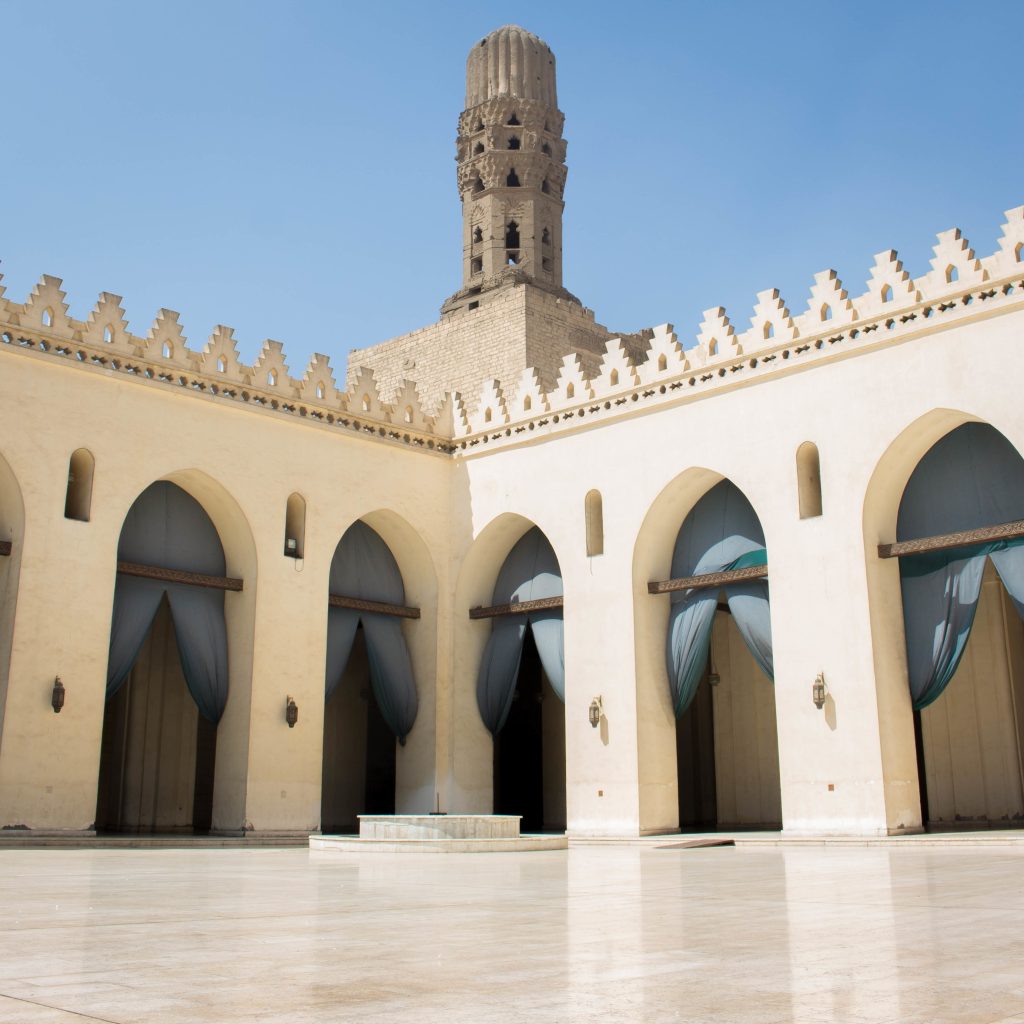
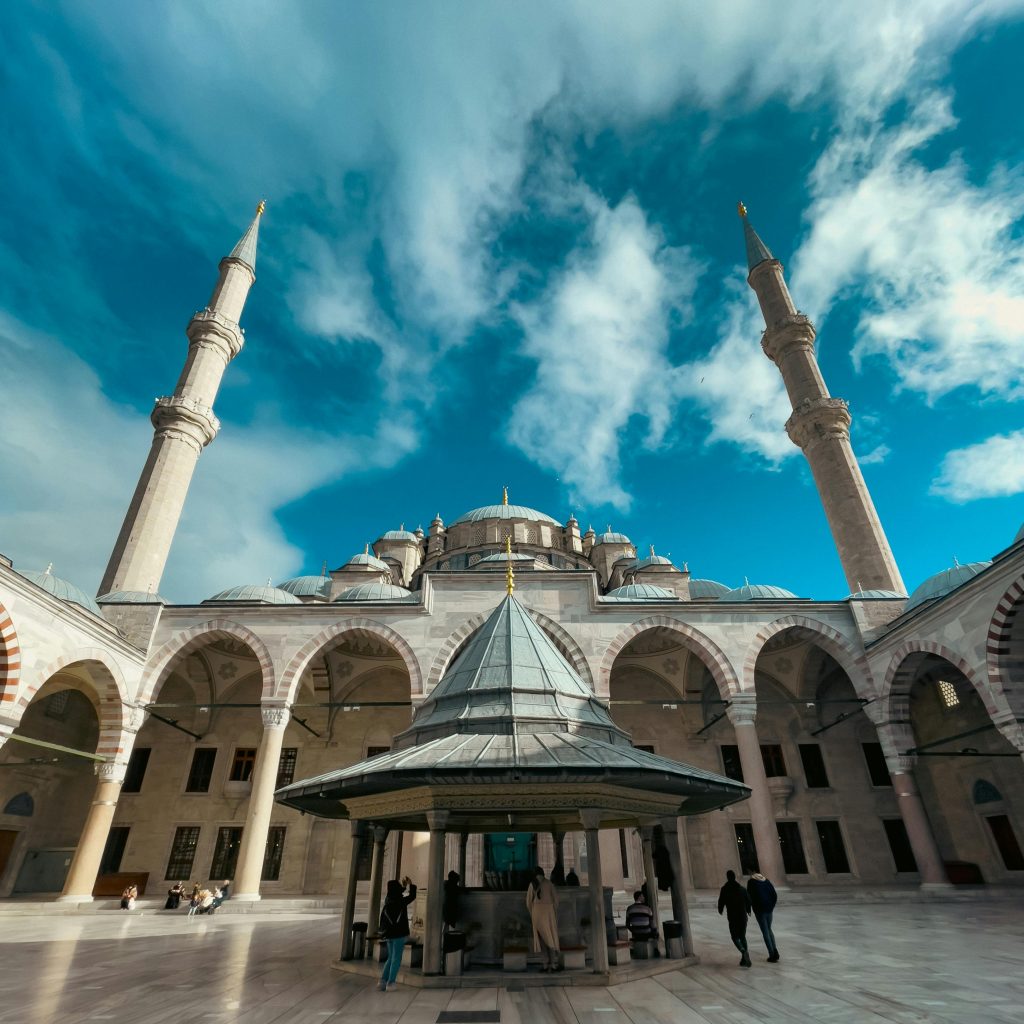
In Al-Azhar, the Ibtidai level aims to instill both intellectual and ethical values in students, so they can grow into responsible, well-educated individuals. The teaching of the Qur’an and Tajweed ensures that students learn the correct methods of reciting the Holy Qur’an, which is central to their Islamic education. Along with religious studies, subjects like Arabic and calligraphy help students master the Arabic language, enabling them to read, write, and communicate fluently in Arabic, which is important both for their studies and daily life in an Arabic-speaking society. In addition to these core subjects, students also study subjects like English, mathematics, science, and computer studies to ensure they acquire knowledge that is essential in the modern world.
In the case of foreign students, they generally do not need to follow a separate primary-level curriculum. However, they are required to acquire a solid understanding of the Arabic language to succeed in the broader education system. This is achieved through a special program at Mahadud Dirasat al-Khassah, where Arabic is taught using six distinct books across different levels. These books are specifically designed to help non-native speakers of Arabic gain proficiency in the language and meet the educational requirements for their studies in Al-Azhar.
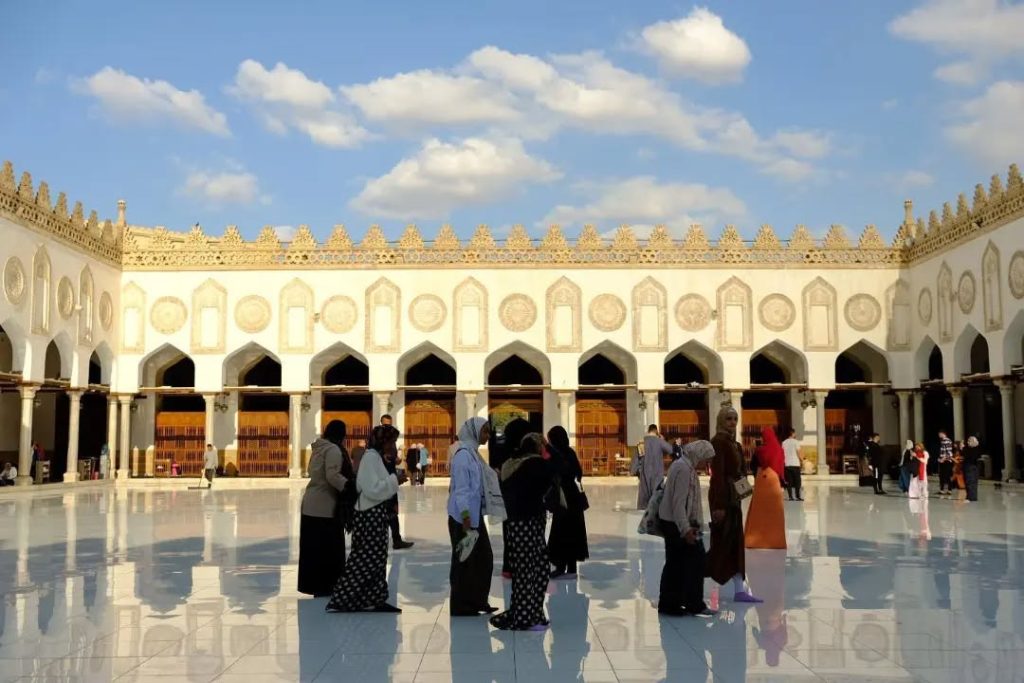
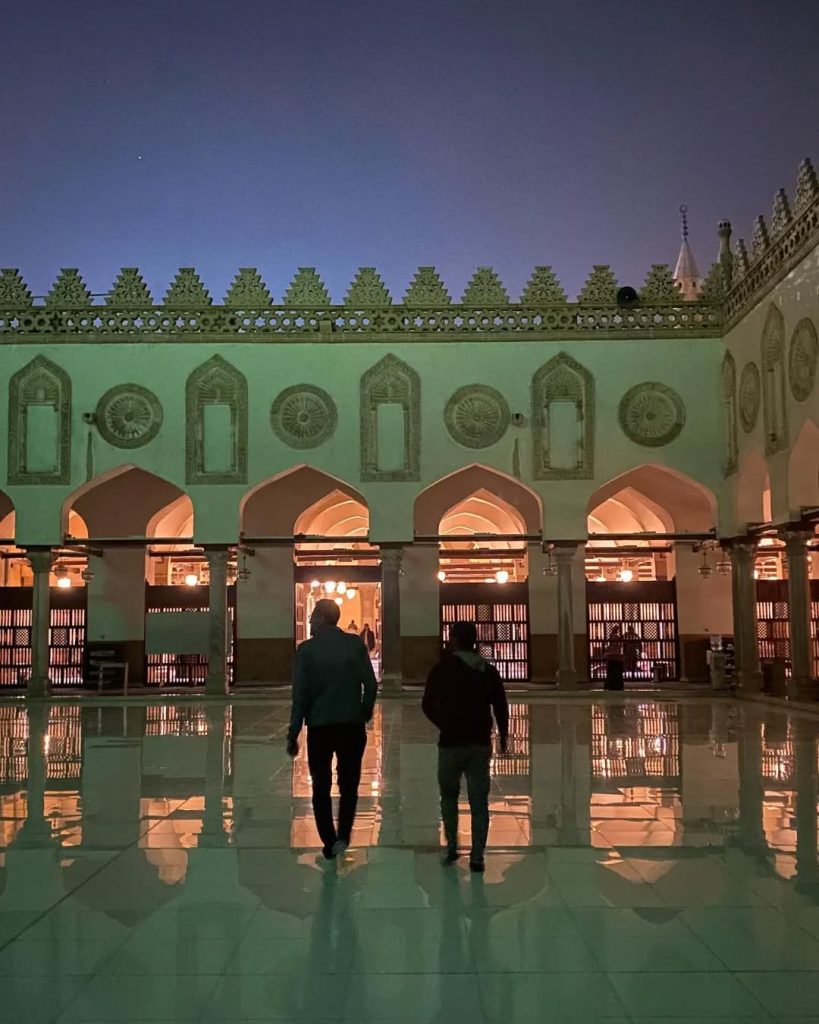
The Al-Azhar primary education system is not just focused on academic achievement but also on the character development of its students. The subject of Tarbiyah, for example, is designed to nurture moral values and social skills, emphasizing ethics, respect, and responsibility in the context of Islamic teachings. Students are encouraged to grow intellectually and spiritually, which is an integral part of the Al-Azhar educational philosophy.
The Ibtidai stage serves as an essential foundation, preparing students for further educational challenges at the secondary and tertiary levels. Upon completing this stage, students are expected to have a good command of both their religious and secular education, providing them with the skills needed to pursue more advanced studies in various fields. Exams and assessments are conducted regularly to ensure that students grasp the material adequately, and these evaluations play a significant role in their progression to the next level of education.
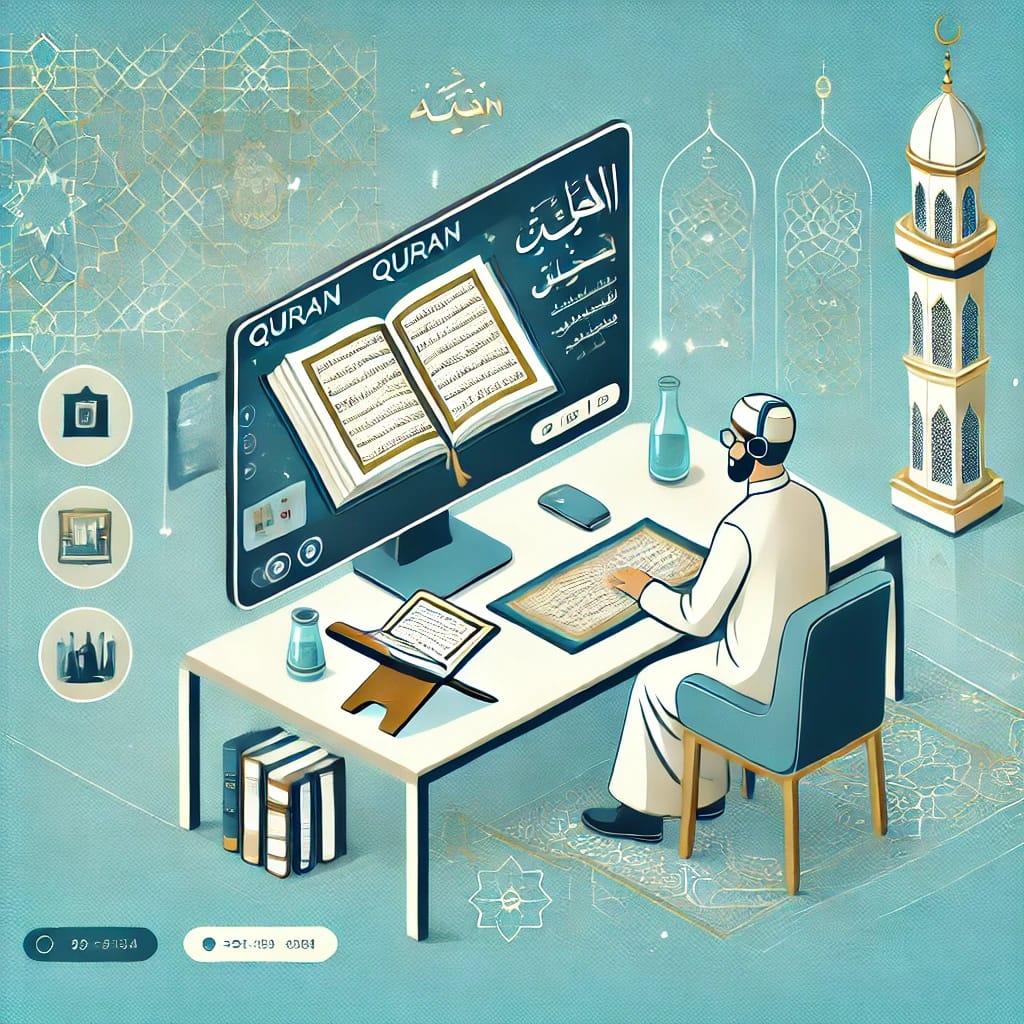
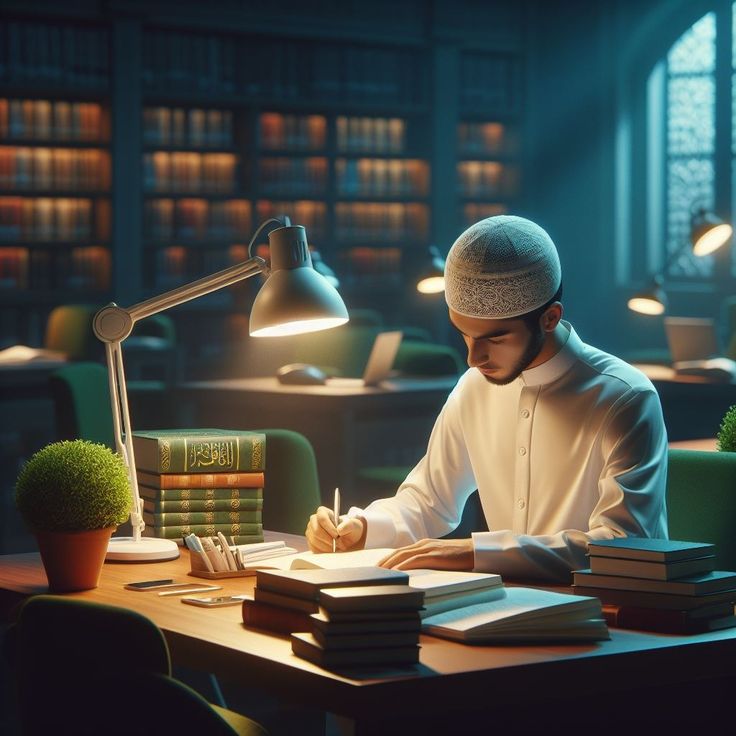
In summary, the Ibtidai level in Al-Azhar represents the first major step in a student’s educational journey, combining religious and general education to develop both intellectual capabilities and moral character. This holistic approach sets the stage for the continuation of their studies in higher levels of education, eventually preparing them for professional, social, and religious roles within society.
FAQ on Ibtidai (Primary) Level of Al-Azhar Education System
The Ibtidai level is the primary level of education in Egypt’s Al-Azhar system, which spans six years. It begins after the completion of Hadhana (nursery school).
Subjects taught at this level include the Qur’an, Tajweed (rules of Qur’anic recitation), Arabic language, handwriting (Khatt), English language, mathematics, social studies, science, computer science, and tarbiyah (moral education).
Generally, foreign students do not need to study the Ibtidai level separately. However, they are often required to learn Arabic through specific specialized books in the Mahadud Dirasat Al-Khasah (specialized institutes), which offer Arabic language courses to fulfill this requirement.
The Ibtidai level lasts for six years, following the completion of the Hadhana or nursery stage.
The Mahadud Dirasat Al-Khasah is responsible for teaching Arabic through six specialized books. These courses help foreign students meet the language requirements and make sure they can understand and communicate in Arabic during their studies.
Foreign students may have additional requirements, such as learning Arabic through the specialized books provided by Mahadud Dirasat Al-Khasah, to help them integrate into the curriculum effectively.
In addition to religious subjects like the Qur’an, students are taught subjects such as mathematics, science, English, social studies, computer science, and moral education (Tarbiyah).
